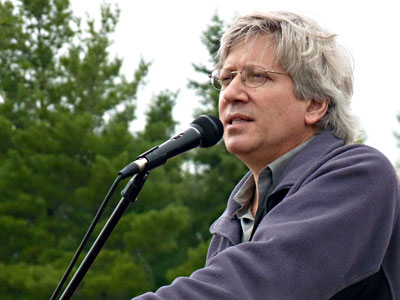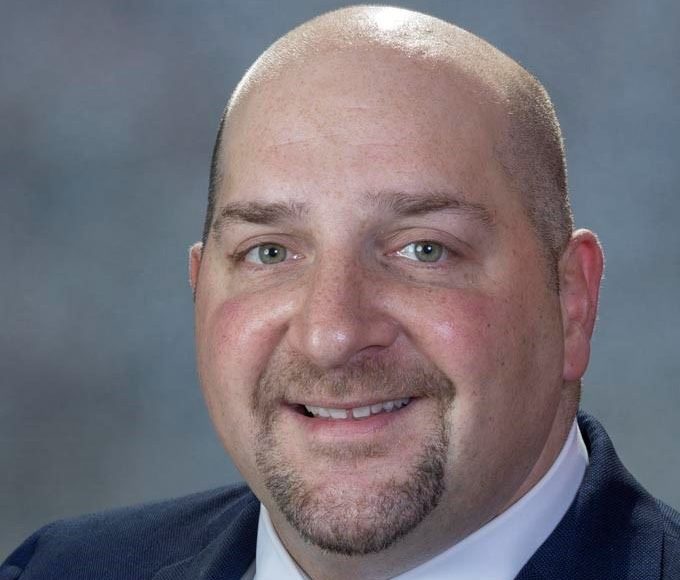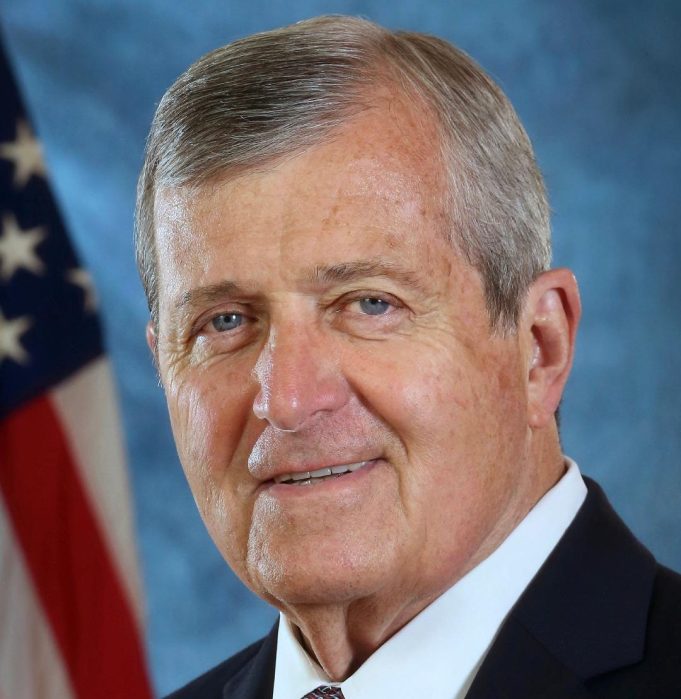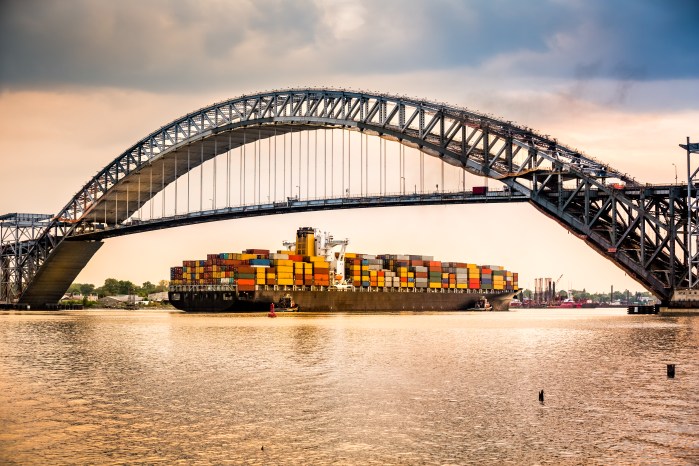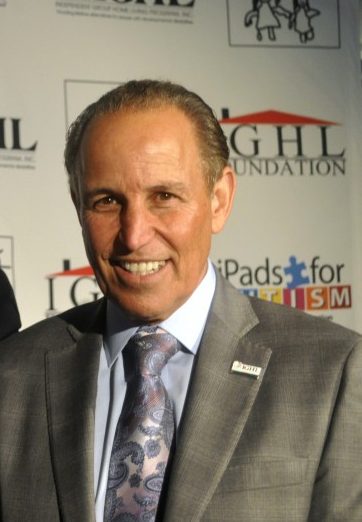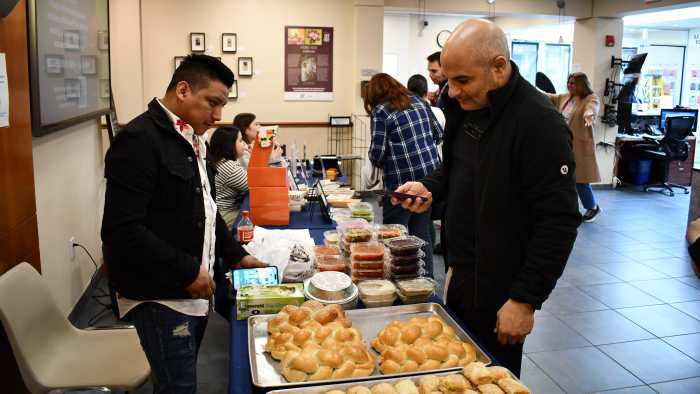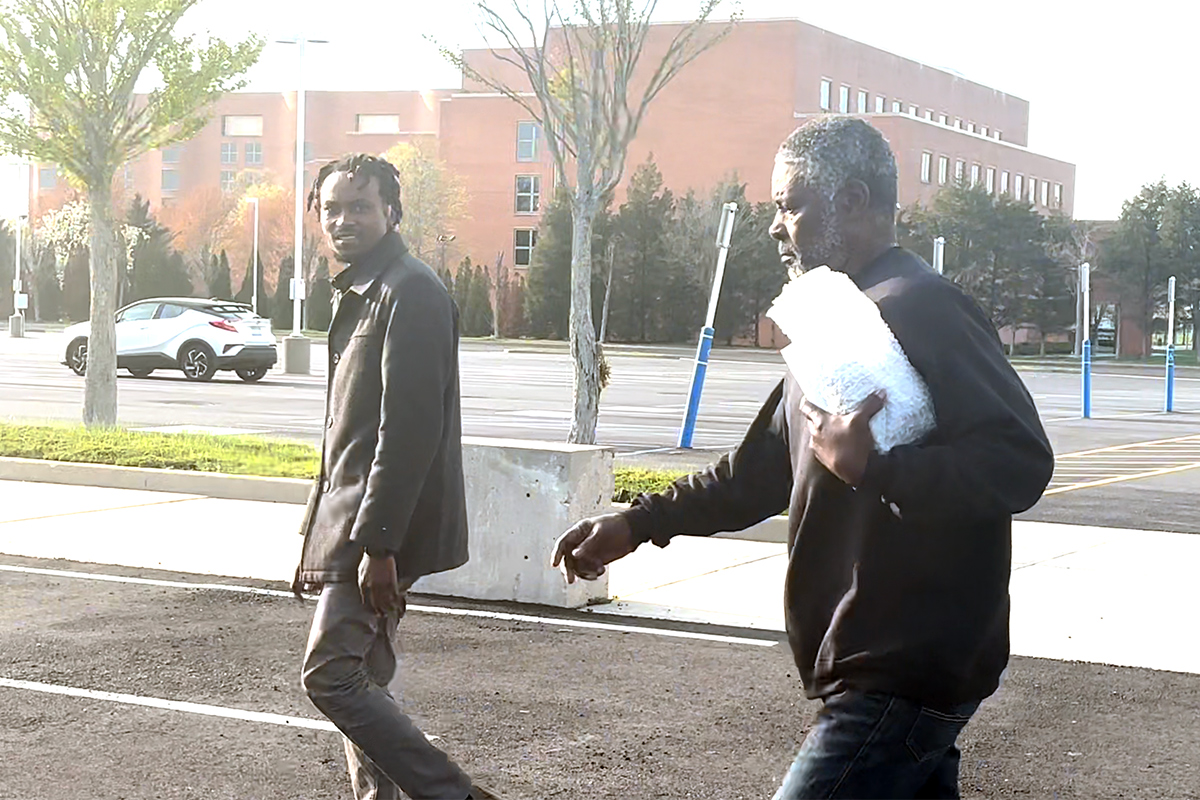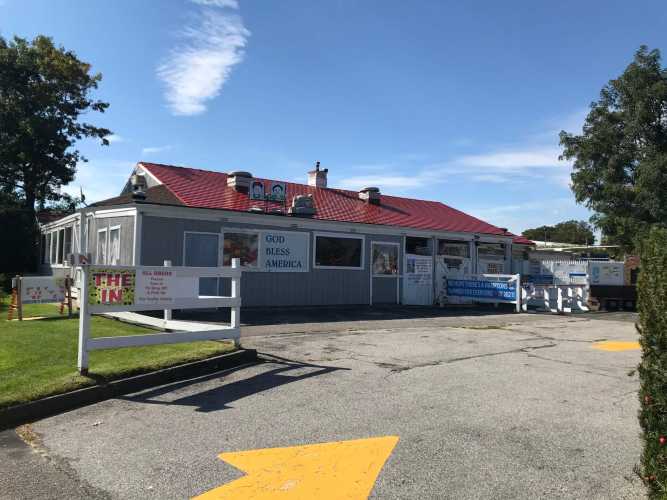Jay Feldman, raised in Great Neck, is a leader in the campaign against pesticides—a successor to Rachel Carson with her 1962 book Silent Spring, a trailblazer in documenting the great harm caused by pesticides.
Feldman is executive director and was co-founder in 1981 of the Washington-based organization Beyond Pesticides.
He noted in a recent interview how “I grew up in a suburban area” on Long Island and it was his learning about the impacts of pesticides on farmworkers that got him into the issue. Effects on farmworkers “continue to be a major area” of Beyond Pesticides. The group’s other main areas include impacts on consumers from eating food grown with pesticides, and the effects of pesticides on the environment.
And it focuses on how “there has to be an alternative to this,” said Feldman.
Learning from organic farmers about how they grew food “without toxic chemicals and were able to find a livelihood and production system that does not rely on toxic chemicals” brought the organization to alternatives to pesticides, he said.
As to the mission of Beyond Pesticides, its website relates that it “works with allies in protecting public health and the environment to lead to the transition of a world free of toxic pesticides….” Its founders “who established…a nonprofit membership organization…felt that without the existence of such an organized, national network, local, state and national pesticide policy would become, under chemical industry press, increasingly unresponsive to public health and environmental concerns.”
“Beyond Pesticides believes,” it continues, “that people must have a voice in decisions that affect them directly. We believe decisions should not be made for us by chemical companies or by decision-makers who either do not have all of the facts or refuse to consider them.”
As for its “Goal,” it says: “Beyond Pesticides seeks to protect healthy air, water, land, and food for ourselves and future generations….Beyond Pesticides provides hands-on services to the public and supports local action by identifying and interpreting hazards and, designing safe pest management programs.”
Its website is full of information about its many programs. It notes that Beyond Pesticides produces the publication Pesticides and You and has a daily blog.
Folks can become members through https://www.beyondpesticides.org/
“With the information provided by Beyond Pesticides,” says the website,
“people may not only be able to make informed choices and adopt practices that protect themselves and their families from unnecessary exposure to pesticides, but they will be able to effect changes on community-wide pest management decisions and policies that govern pesticide use, such as pesticide uses in parks, schools…”
In a speech, Feldman said “when I joined with others to form Beyond Pesticides… almost 20 years after the publication of Silent Spring, I had just spent about two years traveling the country and visiting with farmworkers in their homes in farm labor camps and in the fields. We heard the stories first-hand of the chemical exposures, the sickness, the miscarriages…the pesticide drift from field to field, the lack of protective equipment. At that time, there was less than one page in the code of federal regulations that addressed farmworker protection…I learned firsthand that there was limited or no enforcement….I felt the emotion and the outrage that we as a nation cared little for the people who brought food to our dinner tables, the Harvest of Shame.”
(“Harvest of Shame” was the CBS-TV documentary on the plight of farmworkers done by journalist Edward R. Murrow and broadcast in 1960.)
“My deeper understanding and appreciation for Rachel Carson came after this….I joined with others to form an organization to fight for a human rights issue to protect ourselves from the involuntary exposure to toxic chemicals, to stop the exploitation of those who harvest our nation’s food, to control chemical companies that put profits before people, to hold elected officials and regulators accountable to basic standards of decency and protection of health and the environment…”
“And so, what better way to channel this outrage than through an advocacy organization that could bring together the best minds that we can gather to address the latest science, discuss policies that move our communities toward green and sustainable practices…”
“We began to look toward the transformation of chemical-intensive agriculture…If anyone begins to think that blanket pesticide spraying for food production or insect-borne diseases might at times be necessary and effective, Silent Spring reaffirms our understanding of the need to embrace thoughtful biology-based strategies that prevent and solve problems, rather than exacerbate them.”
Silent Spring was “a clarion call for caution, written during the then emerging chemical age of the 1950s. Ms. Carson introduces the book with her science-based understanding that, ‘The most alarming of all man’s assaults upon the environment is the contamination of air, earth, rivers, and sea with dangerous and even lethal materials.’ The book catalogs the severe problems associated with our societal embrace of DDT at that time, and other chlorinated hydrocarbons, organophosphates, carbamates and phenol…”
Carson “warned us to respect nature, support it, harness the benefits it offers to us, and never think that we can overpower it.”




